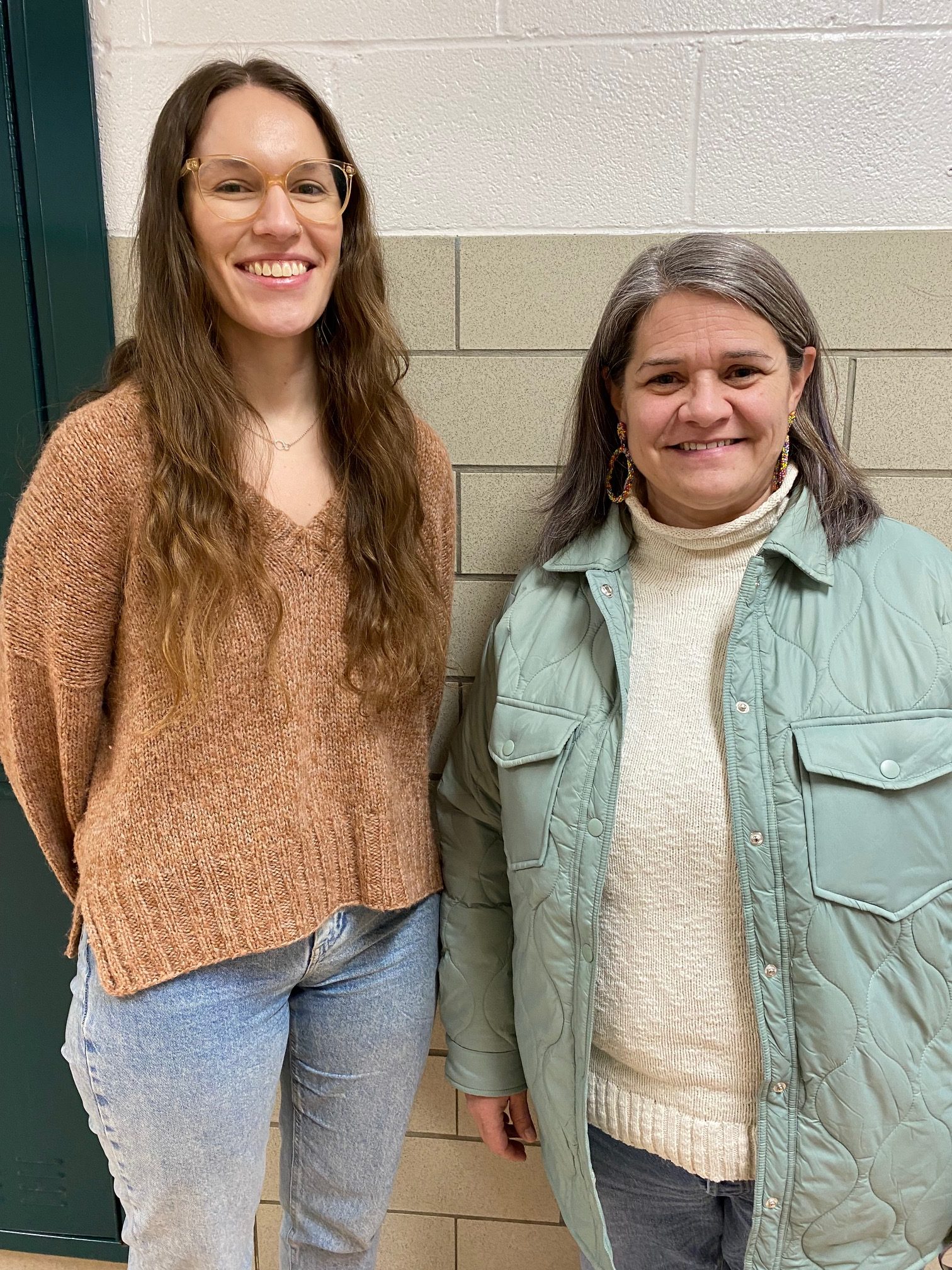John Pelletier, Director of the Center for Financial Literacy at Champlain College, said, “We would never permit a young person to sit in the driver’s seat without requiring driving education, but we permit our students to enter the complicated financial world without any connected education.”
In 1950, managing wealth might have been easier. You didn’t have to worry about getting credit card bills every month, for starters. You didn’t have any credit cards at all unless you could get a Diners Club card and had an impeccable credit history. If you really needed that 16-inch television set, you probably paid in cash or you could have purchased it through an installment program. Additionally, a business issued “charge tickets” that could only be used at that location, and the debt had to be paid in full by the end of the month. In those days, there were no 401(k)s or 403(b)s, but if you were fortunate, you could work for the same company until the day of your retirement before returning home to wait for your pension check and possibly Social Security benefits. Compare that to the young adult of today, who is enticed to accept new credit card offers with interest rates of more than 20%. Unsurprisingly, at the end of 2023, Americans had a total credit card debt of $1.079 trillion. Additionally, Americans owe more than just a small portion of their debts to credit cards. For recent graduates, who may be shocked to learn that they should start saving for retirement even as they are juggling student loan payments, it can be a complicated world.
Many of them are also learning about the reduced but still terrifying 1040 as well as compound interest, credit ratings, Roth IRAs, CDs, mutual funds, and APRs. John Pelletier and other researchers emphasize that young people can become financially literate. “After they graduate, they’re going to be thinking about money every day. How to earn it. How to save it. How to invest it. How to keep it,” he says.
Learning about financial planning, among other things, can assist some people in breaking the cycle of poverty. In half of the United States, personal finance courses are now a necessity for graduation. Vermont is not one of them. Only 11 of the state’s 55 high schools require financial literacy courses, according to an article published in Seven Days (March 2023). In 16 high schools, there are no stand-alone finance courses, though the subject may be covered in other courses. About 28 offer them as electives.
Two finance courses are offered as electives at Montpelier High School. Personal Finance/Living on Your Own is a course taught by Sierra Norford that teaches children how to prepare for the world of debts, rent, accounting, and credit card payments. She says, “It can be challenging for some of them to wrap their heads around all of this.” Her students work with assigned earnings to exercise budget.
She encourages them to think creatively when confronted with constraints. “If they can’t figure out how to purchase a car, how about using the bus instead? We compare credit accounts and discuss credit card limits.” Norford observes that after graduating, students have returned to request a copy of the resources she taught in school. Personal Finance/Invest in Yourself is a course taught by Tammi Beattie that starts with discussions of school and career options before moving on to discuss investing, planning, income, financial aid for school, and even retirement planning. Students practice filling out tax forms in her course and learn about investment opportunities they can take advantage of while still in high school.
Beattie says, “The math isn’t difficult, but the language is.” There seems to be a lot of gratitude for both instructors. One student remarked, “This is the most worthwhile course I’ve ever taken.” Another was eager to describe how “cool” opening a Roth IRA felt to her teacher. 80% of Vermonters think high school graduates should receive the kind of education Norford and Beattie offer, according to a survey by Champlain College’s Center for Financial Literacy. Every high school student will soon be required to complete a finance course before they graduate if the proposed bill, H. 228, is passed this session. It might be a difficult ask. The school boards in Vermont value their autonomy and might view any mandate as stepping on a precipice. More importantly, who will pay for the bill’s section? Additional staff may be required if all high school students in Vermont are required to enroll in at least one of these courses.
Now, residents of Vermont are wringing their hands over property tax bills. It is entirely possible that Vermont’s high school students won’t be able to complete their education in money management, despite the fact that a financial literacy class might benefit from the lesson.

